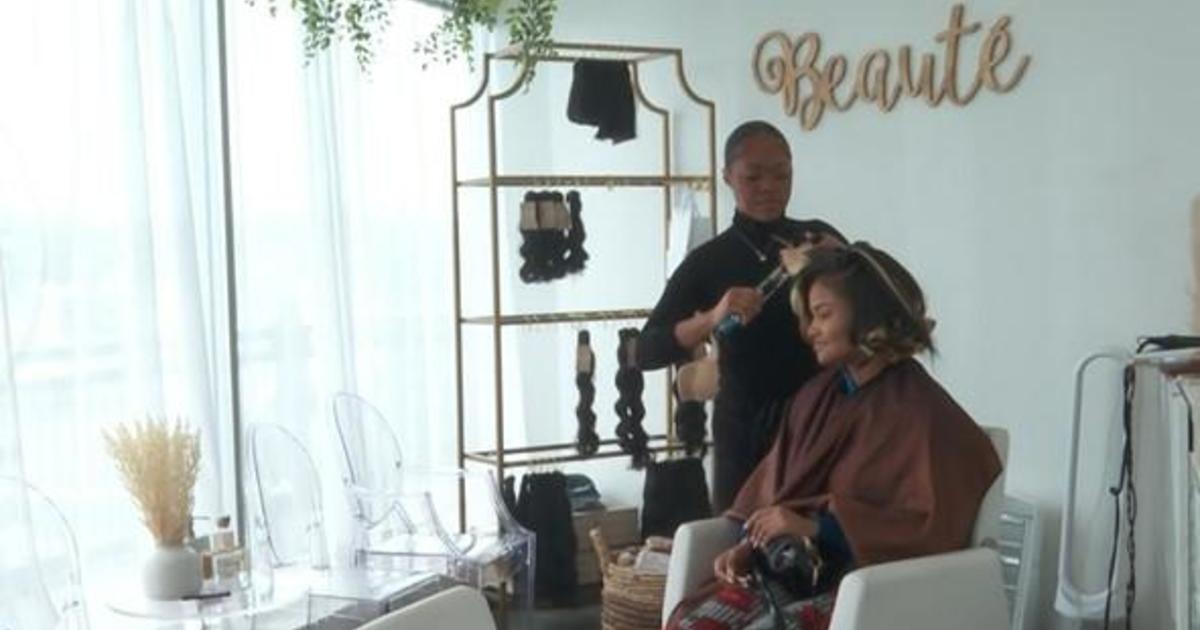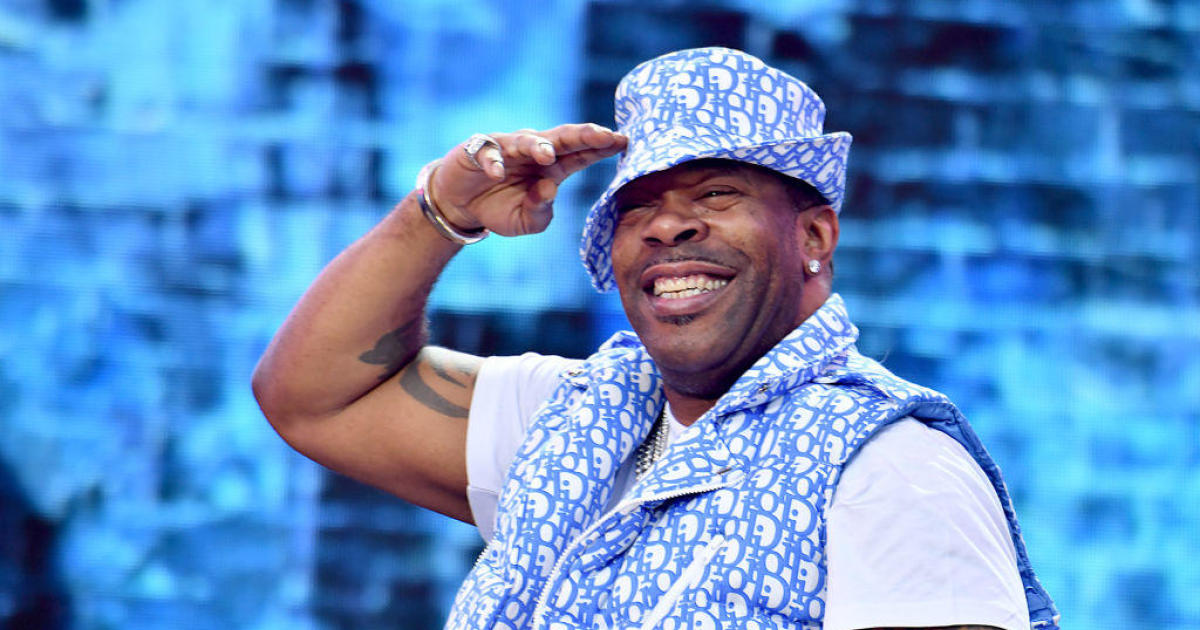Henrietta Lacks' Family To Sue Pharmaceutical Companies Continuing To Use Her 'HeLa' Cells Without Their Permission
BALTIMORE (WJZ) -- Renowned civil rights attorney Ben Crump announced that he will be representing a Baltimore family in what could be an unprecedented lawsuit.
His clients are descendants of Henrietta Lacks. Lacks' cells were taken without her permission decades ago and they are still being used for medical research today.
While standing with members of Lacks' family, Crump announced his team will be suing pharmaceutical companies that continue to use Lacks' cells without compensating the family.
"The pharmaceutical corporations unethically and some may say illegally took her cells, her miraculous cells without her knowledge nor permission and they have manipulated her genetic material to this day," said Crump. "Her family is here today to start the journey to right that wrong."
In the mid-1900s, Henrietta Lacks went to Johns Hopkins Hospital to get treatment for cervical cancer. Hospital officials said when her cells were sent to a lab nearby for a biopsy, the doctor realized that instead of dying, her cells doubled every day. The cells were nicknamed "HeLa" cells."
The cells played a significant role in medical research and advancements, but doctors never asked Lacks or her family for permission to use the cells.
"The family has not received anything from that theft of her cells, and they treated her like a specimen, like a lab rat like she wasn't human, with no family, no babies, no husband that loved her," says Kimberley Lacks, the granddaughter of Henrietta Lacks.
"Johns Hopkins Medicine celebrates and honors the incredible contribution to advances in biomedical research made possible by Henrietta Lacks," The institution said. "Johns Hopkins never patented HeLa cells, and therefore does not own rights to the HeLa cell line. Johns Hopkins also did not sell or profit from the discovery or distribution of Hela cells."
Attorney Chris Seeger said the team is not ruling out contacting Johns Hopkins as part of this lawsuit. He also said about a hundred other companies could be potential targets.
"We are doing our research and figuring out every pharmaceutical company that has made a product that has either use the cells to build their products or commercialize it in some way or develop it so that's a lot of companies," says Chris Seeger, an attorney who is also representing the family.
Attorneys have said companies continue to use the cells today, and each time the cells are used, the clock on the statute of limitations restarts.



